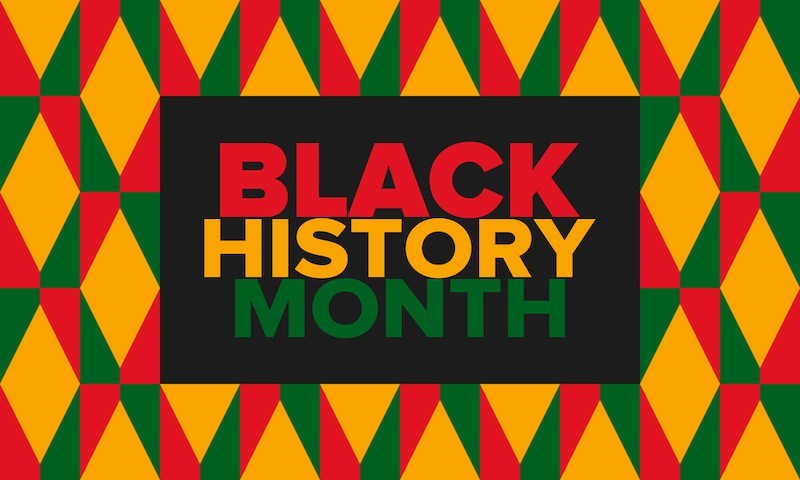February 18, 2021 – Health Care For All is celebrating Black History Month not only by recognizing the many contributions Black Americans have made to the United States but also looking inward to determine how we can become better allies in the fight to reduce, and ultimately eliminate, racism in our health care system. The reality is that the shortest month of the year is simply not enough; Black history should be celebrated daily. In the past year, racially charged injustices such as the murder of George Floyd and the storming of the Capitol by white supremacists have highlighted our country’s struggles with anti-Black racism.
The coronavirus pandemic has also magnified how racism puts Black lives and health at risk. Across the country, Black people have a higher chance of contracting COVID-19 due to unsafe work environments and a lack of sufficient social support and a lower chance of recovering stemming from historical racism in our health care system. Despite Massachusetts being a leader in health care coverage, Black residents are twice as likely to be hospitalized for and die due to COVID-19 compared to white residents. The pandemic has also had a disproportionate impact on the social determinants of health for Black residents. More than 7 in 10 Black people surveyed in a recent Department of Public Health study expressed concern that they could not pay for at least one crucial expense or bill, such as housing or utilities, compared to 4 in 10 white respondents.
Beyond the pandemic, system racism has resulted in Black people being at increased risks for chronic illnesses like diabetes and various heart conditions which require regular – and expensive – medical care. Black residents are more likely to struggle with medical costs – pricy prescriptions, costly appointments, and the need to take time off from work add up. Black residents should not have to pay the price for a health care system riddled with structural racism that does not adequately address or work to remedy persistent, and in many cases worsening, inequities. These inequities begin before birth, with Black expectant mothers having worse outcomes and a harder time obtaining crucial perinatal care. Black mothers and babies face higher rates of maternal and infant mortality than any other race. Black babies are far more likely to have a low birthweight or be born prematurely, which are known risk factors for poor health later in life.
Black lives matter, every day, beyond just the month of February. Over the past year, Health Care For All has increased our commitment to addressing racism and inequities in our health care system, and our legislative agenda for this session has specifically been designed to help with that. We will work with partner organizations, community leaders and individuals to address issues such as health care affordability, the cost of prescription drugs, health care accessibility, maternal health coverage and many other issues that disproportionately impact Black communities. HCFA welcomes the opportunity to collaborate with old and new partners on this agenda, including groups that already work on health care issues and groups that are new to health care space.
Black History Month reminds us about the critical work still needed to improve the health and wellbeing of Black people. While we cannot solve the problems of racism in our health care system overnight, we can continue to advocate collectively for both long-term policies and solutions that will advance racial equity and justice for Black communities now and into the future.
Amy Rosenthal, Executive Director of Health Care For All

